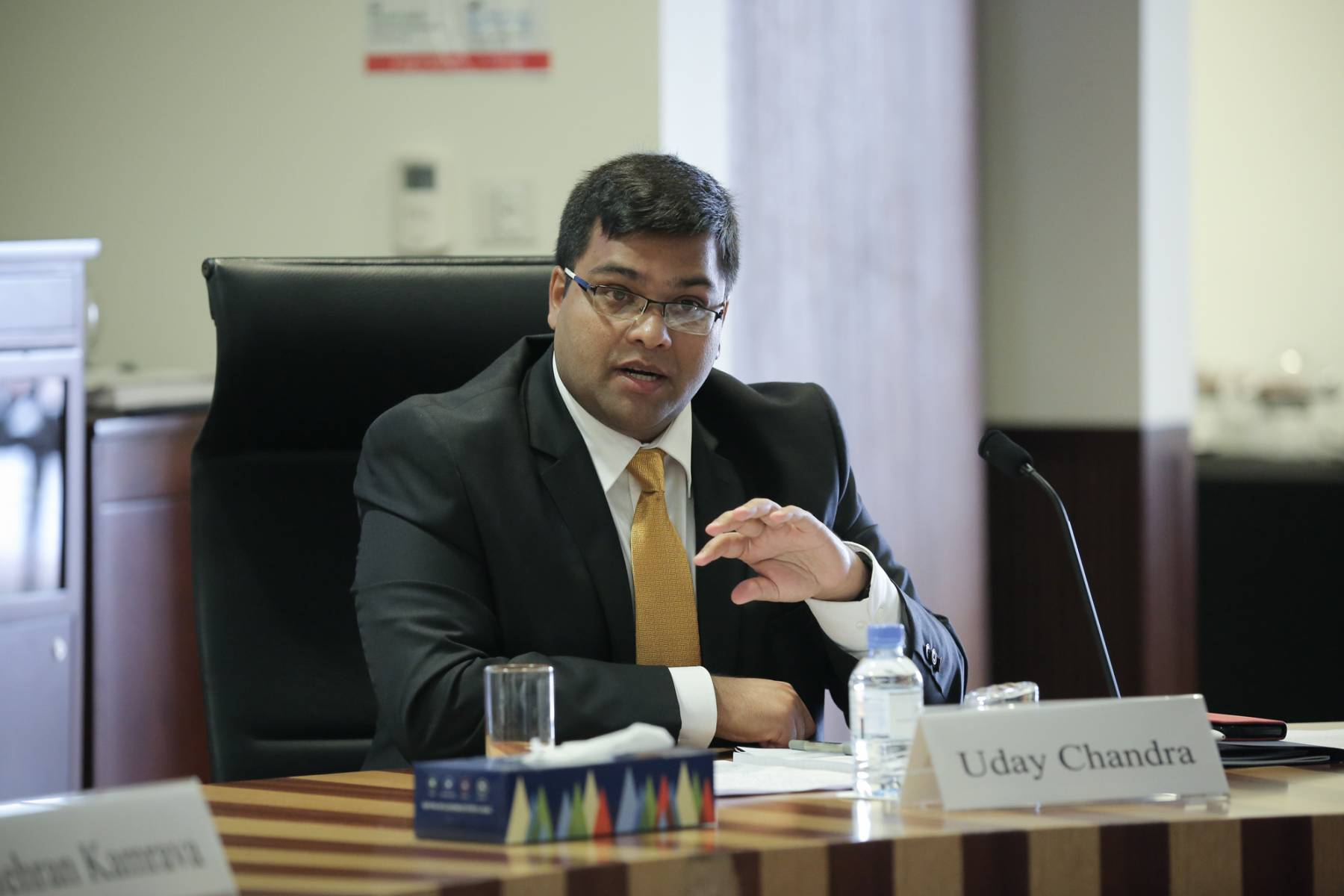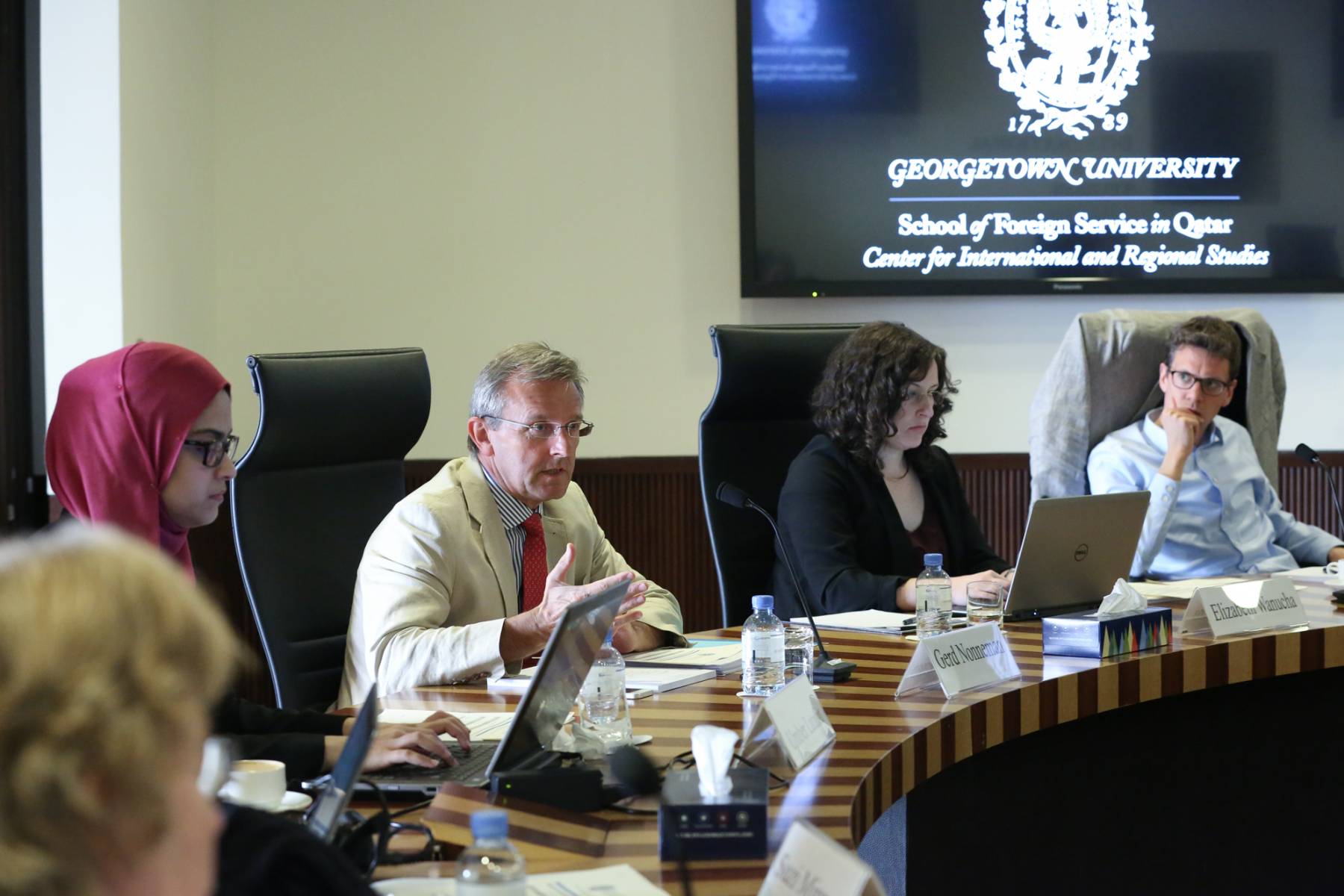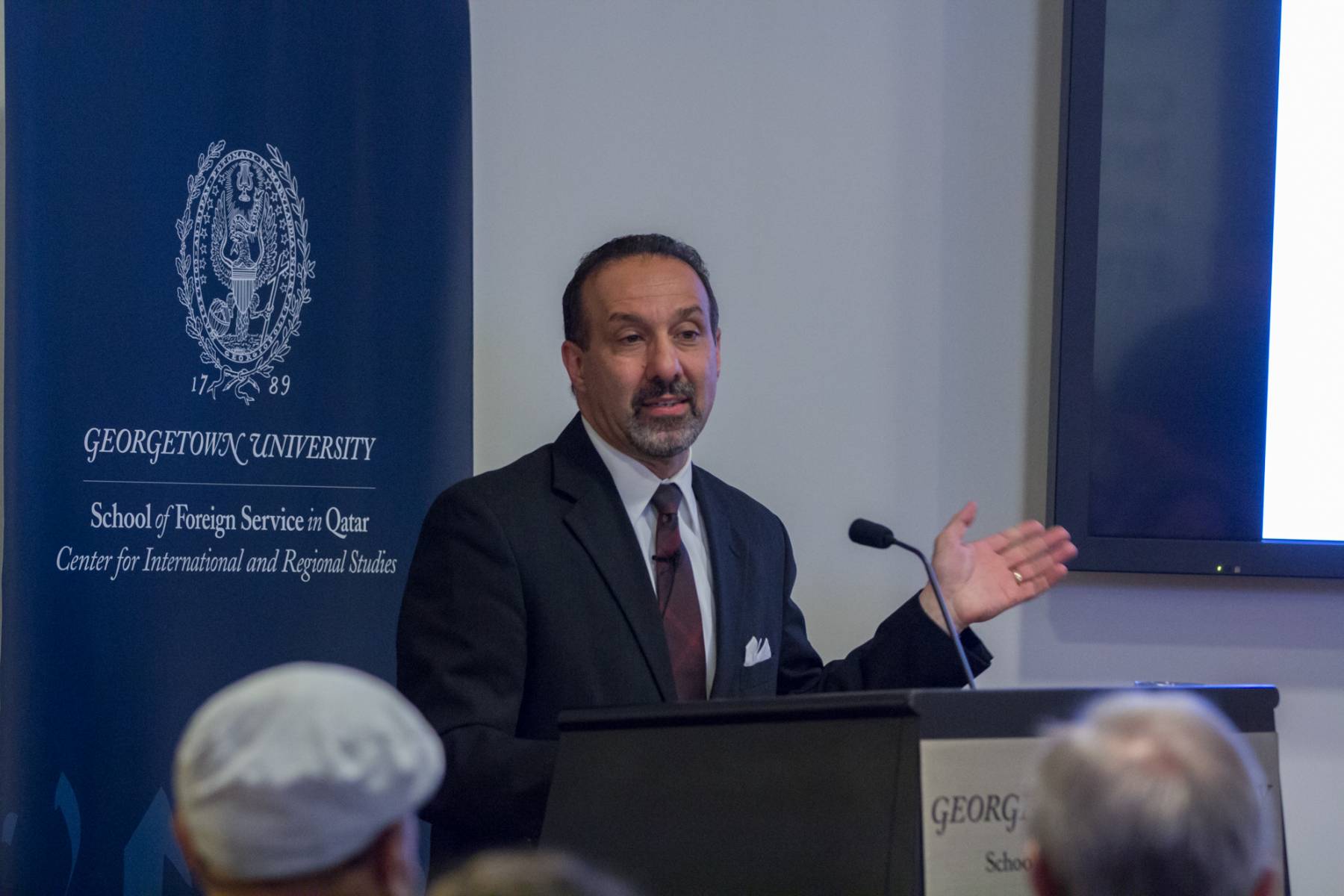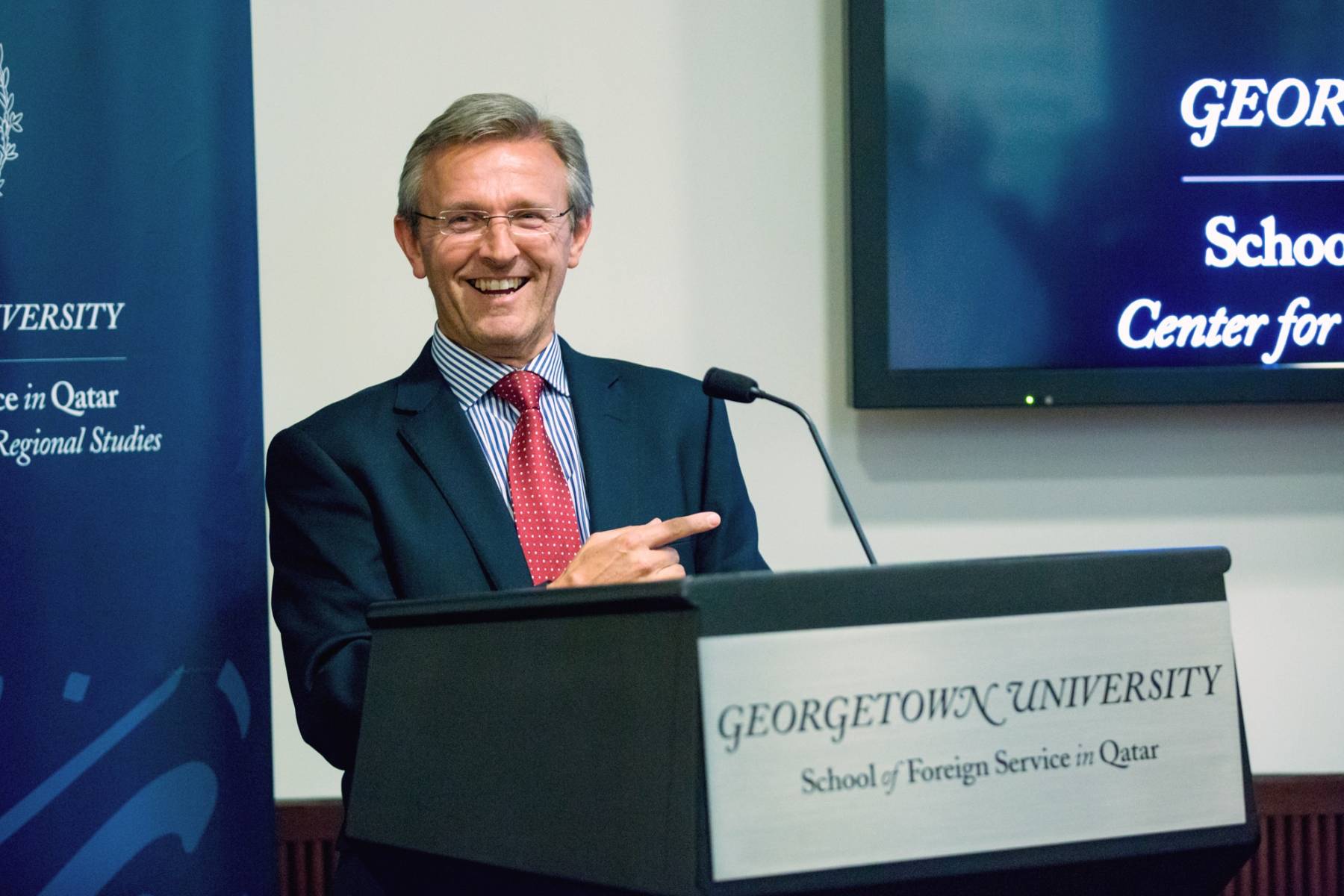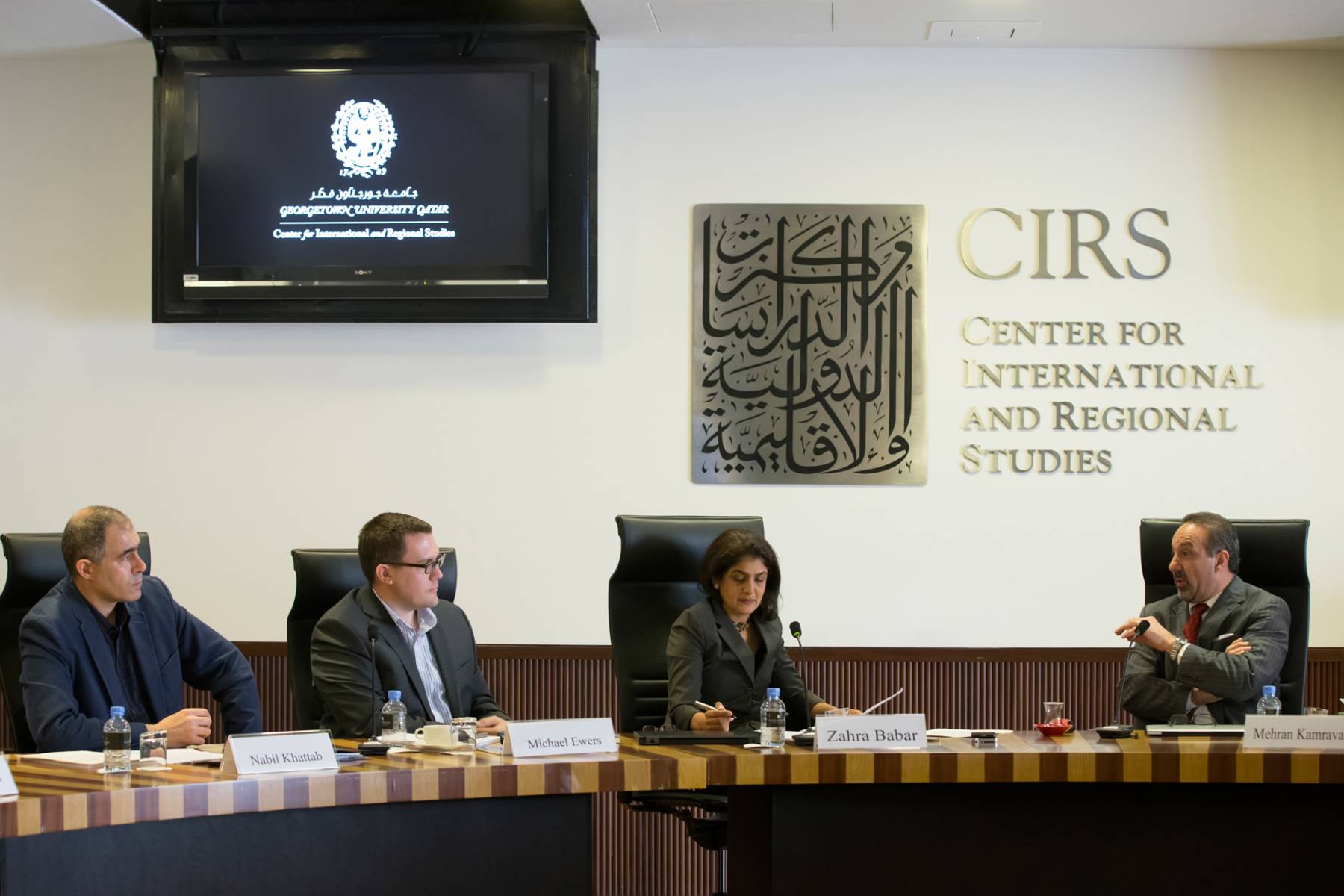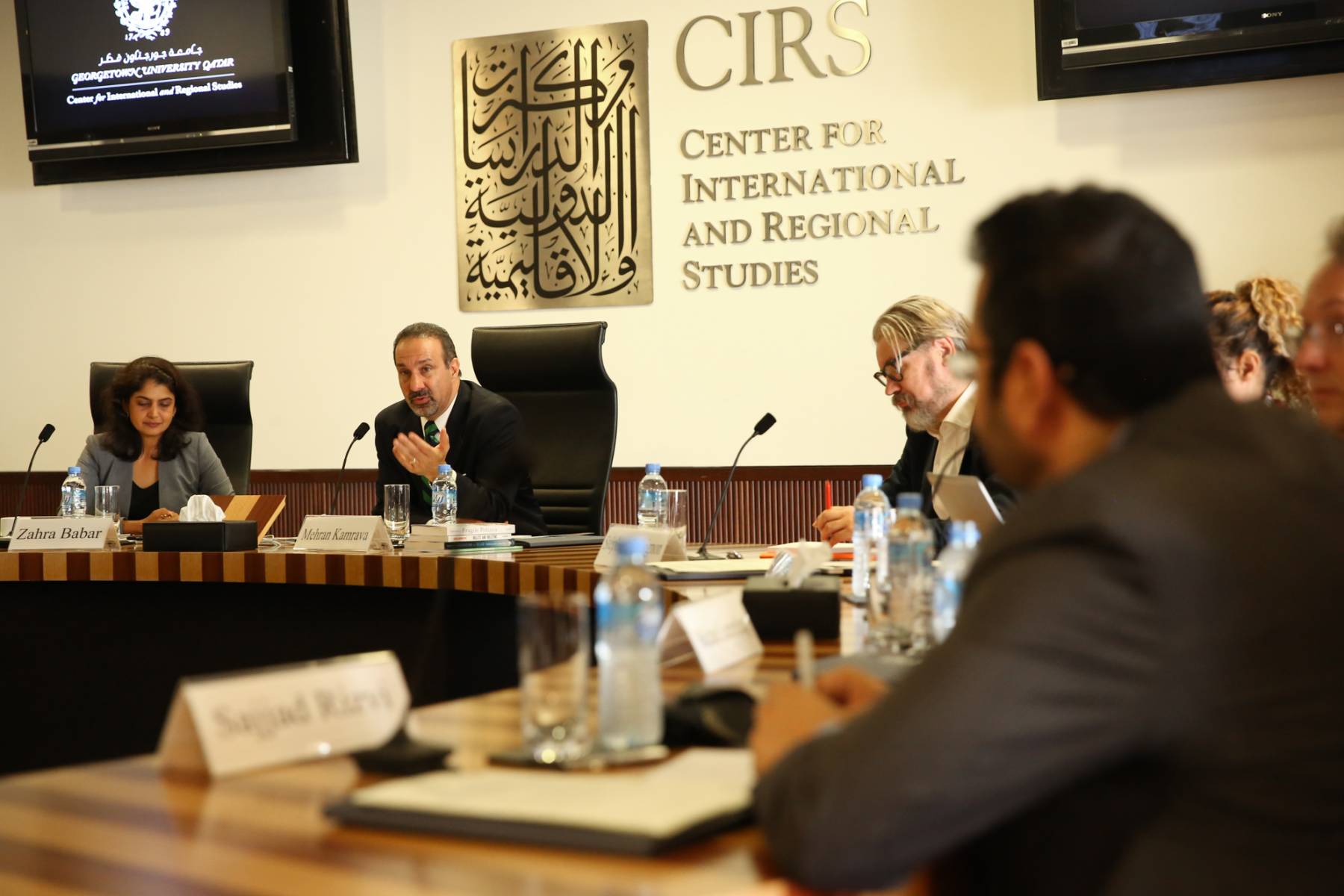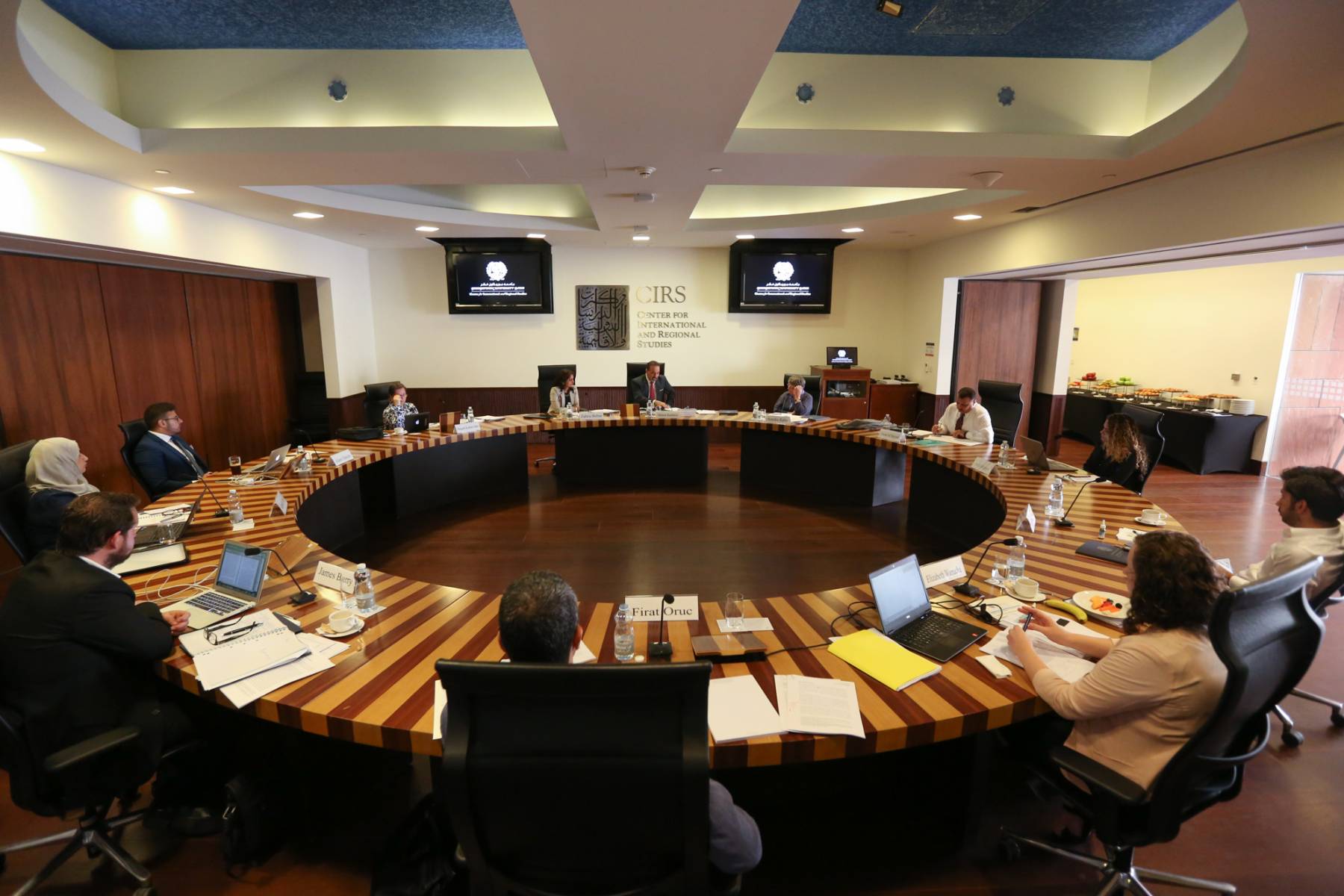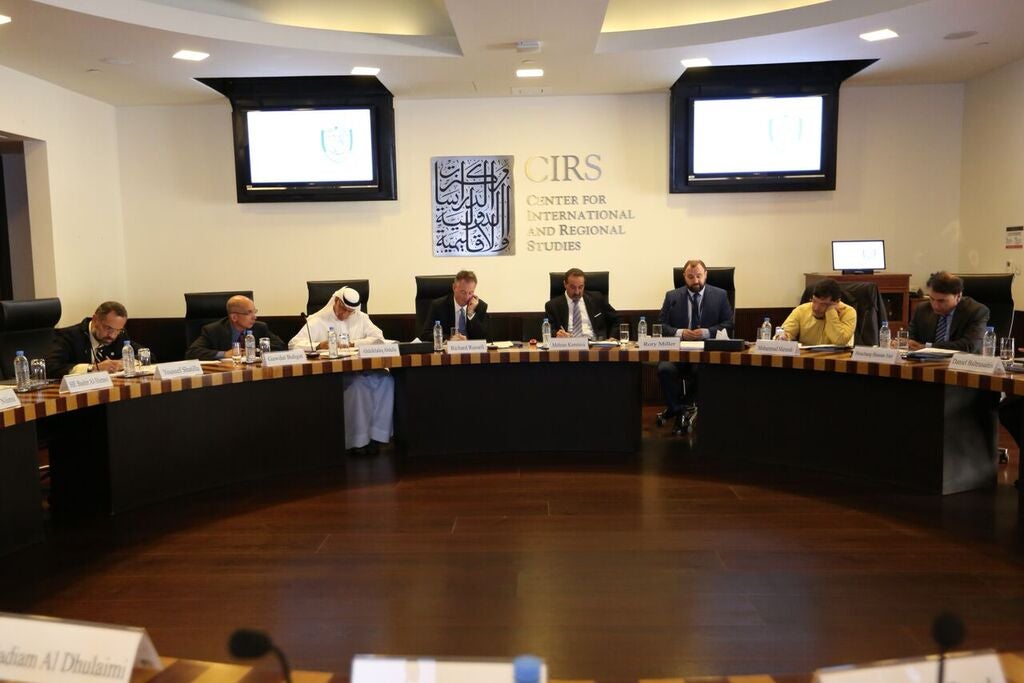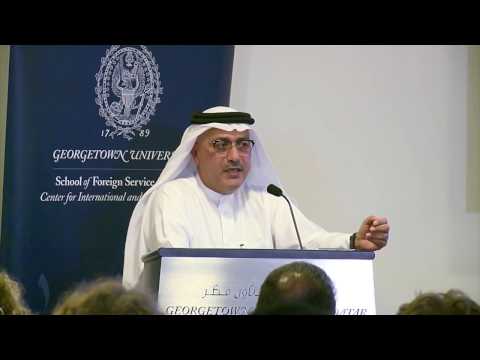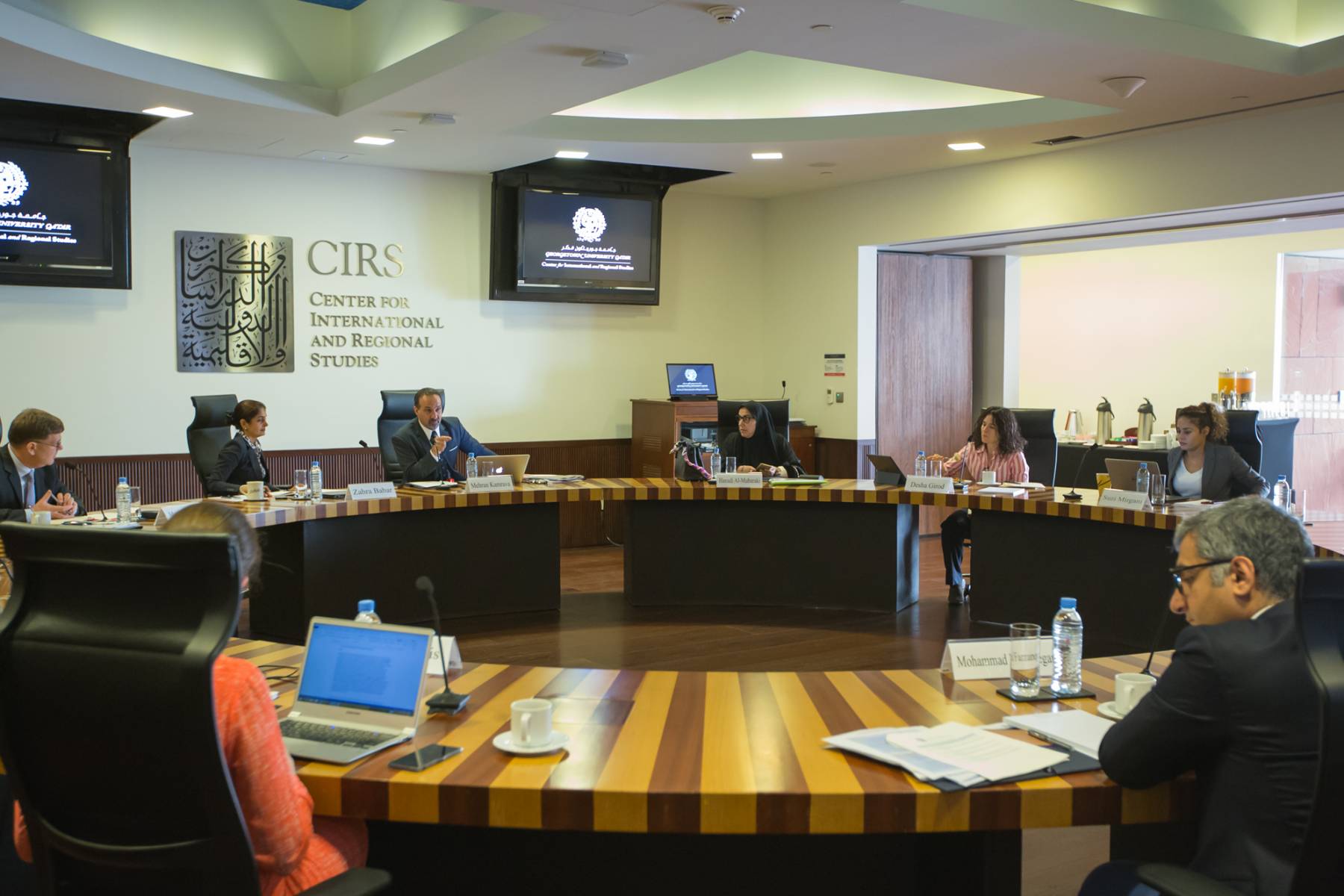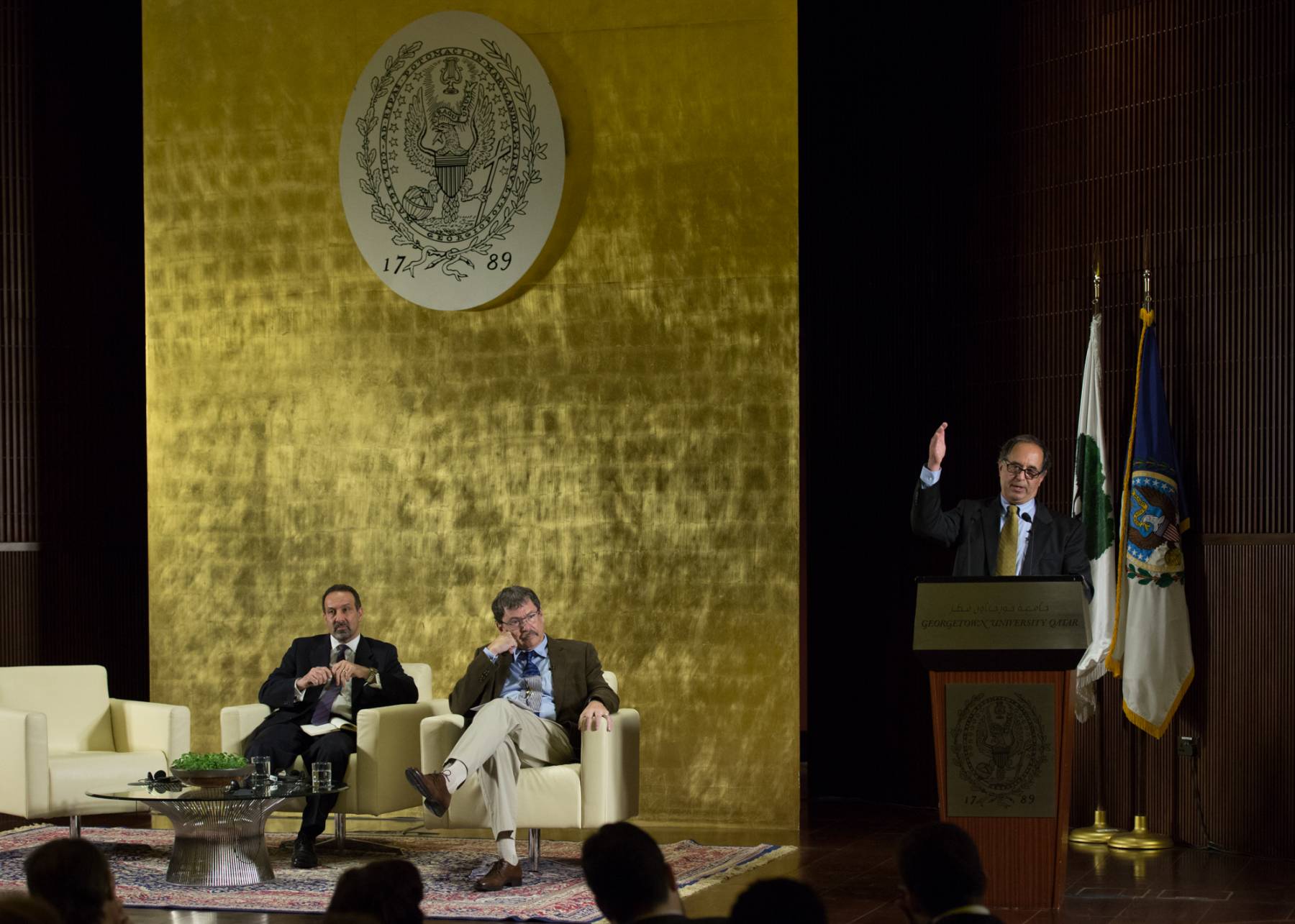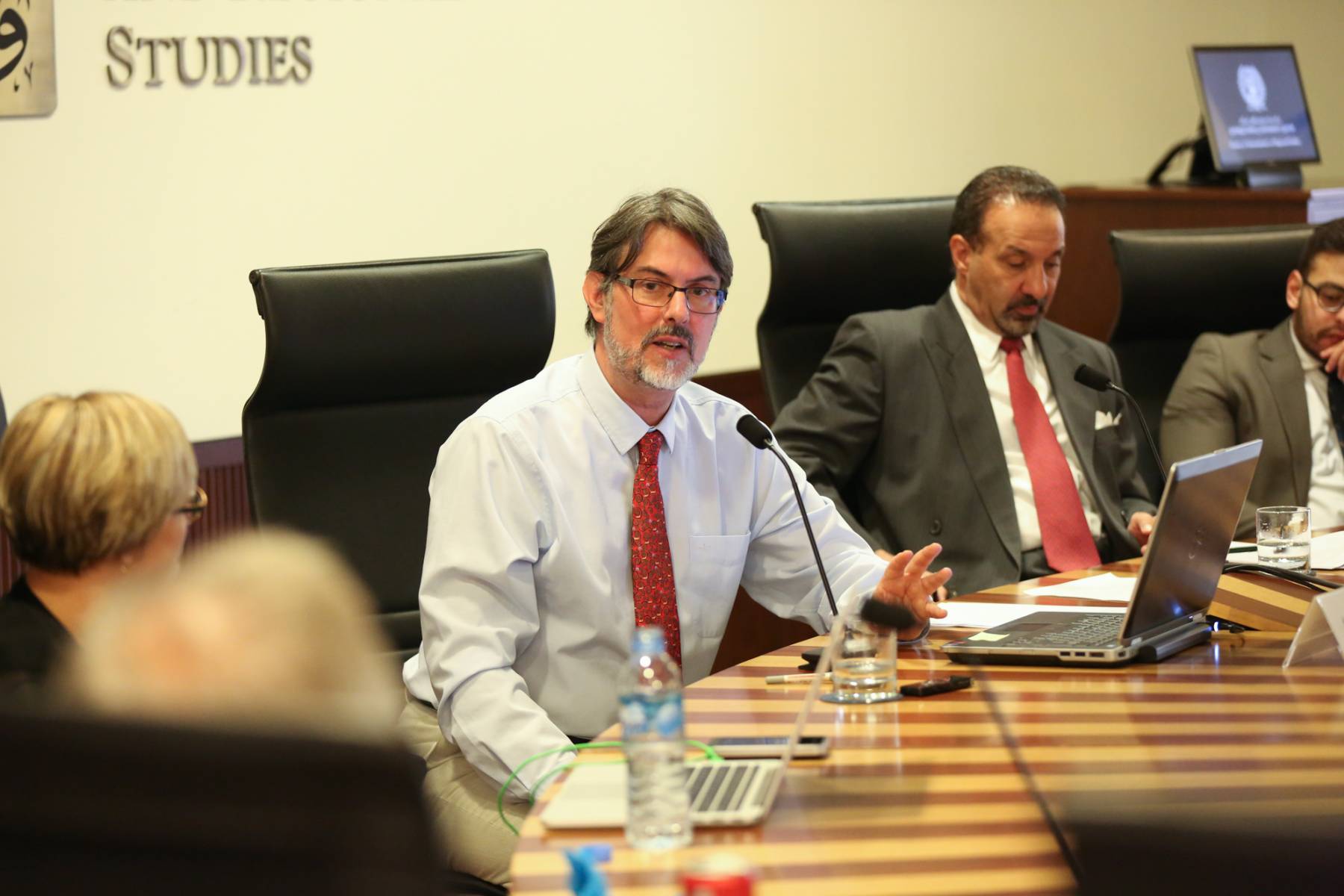Uday Chandra Faculty Research Workshop
Uday Chandra is an Assistant Professor of Government. He received his B.A. in economics from Grinnell College and his PhD in political science from Yale University in 2013. He received the 2013 Sardar Patel Award for writing the best dissertation in a US university on any aspect of modern South Asia. Before coming to Doha, he held a prestigious research fellowship at the Max Planck Institute for the Study of Religious and Ethnic Diversity in Goettingen, Germany. Uday's research lies at the intersection between critical agrarian studies, political anthropology, postcolonial theory, and South Asian studies He is interested in state-society relations, power and resistance, political violence, agrarian change, rural-urban migration, popular religion, and the philosophy of the social sciences. Uday's work has been published in the Law & Society Review, Social Movement Studies, New Political Science, The Journal of Contemporary Asia, Contemporary South Asia, and the Indian Economic & Social History Review. He has coedited volumes and journal special issues on the ethics of self-making in modern South Asia, subaltern politics and the state in contemporary India, caste relations in colonial and postcolonial eastern India, and social movements in rural India today.
